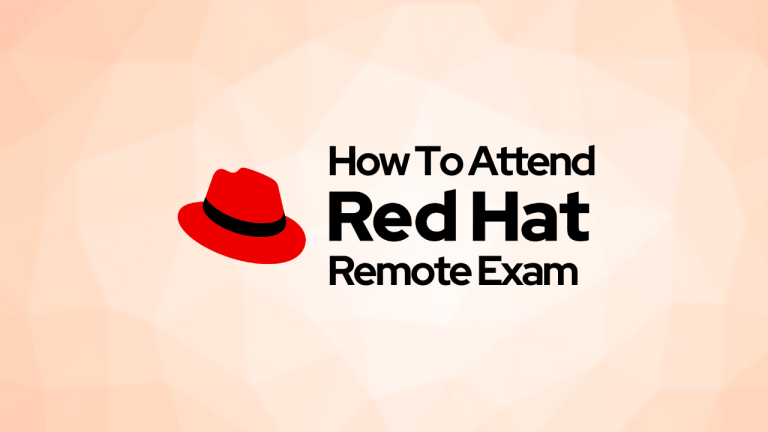
Automation / Developer / DevOps / Free Courses / Kubernetes / OpenShift
Learn OpenShift – A Comprehensive Guide for OpenShift Courses and Exams
Introduction
OpenShift is an enterprise Kubernetes platform used to build, deploy, and manage cloud-native applications. OpenShift offers automated application build, deployment and life-cycle management using enterprise-standard tools and workflows.
Read the differences between OpenShift and Kubernetes.
Like Kubernetes, learning OpenShift is easy as hundreds of courses and resources are available. You can follow either a beginner-level course or a certification track course designed for OpenShift certification.
Disclaimer: Various third-party vendors and providers provide the following courses and exams. techbeatly does not offer any official OpenShift courses, except for our OpenShift Bootcamp.
Check the Red Hat OpenShift overview for a quick understanding.
OpenShift Certifications and Courses by Red Hat
Red Hat offers multiple courses and certifications based on the Red Hat OpenShift platform and there are mainly two tracks (while writing this article), the OpenShift Administrator track and the OpenShift Developer track.
In August 2020, Red Hat announced the availability of Remote exams for students and you can attend Red Hat exams from our home or office. Check the Red Hat Remote Exam Guide for more details.
Red Hat OpenShift Administration Track
The Red Hat Certified Specialist in OpenShift Administration track is for individuals who want to learn the administrative tasks of Red Hat OpenShift clusters. You need to learn how to manage the OpenShift clusters, user policies, resource access control, deployment management, cluster networking etc.
There are 3 levels of courses and certifications for Red Hat OpenShift Administration as follows.
Course – Red Hat OpenShift I: Containers & Kubernetes (DO180)
This is an introductory course to learn about containers and Kubernetes and you will learn about the containers, container images, deploying containerized applications and also the introduction to Kubernetes and OpenShift.
Check DO180 Course details.
Exam – Red Hat Certified Specialist in Containers and Kubernetes exam (EX180)
This is the introductory exam and you need to know the basics of Podman, container image management, application deployment using Podman etc. You can follow the DO180 course to prepare for this EX180 exam.
Check EX180 exam details and
Course – Red Hat OpenShift Development I: Introduction to Containers with Podman (DO188)
This course, Introduction to Containers with Podman (DO188), is designed for developers who want to learn how to build and manage containerized applications for Red Hat OpenShift. Through hands-on experience, you’ll gain the core skills needed to work with Podman, a lightweight container engine, and effectively deploy applications on OpenShift. These skills are valuable for any OpenShift environment, including Red Hat OpenShift on AWS (ROSA), Azure Red Hat OpenShift, and OpenShift Container Platform.
Check DO188 Course details. (RETIRED)
Exam – Red Hat Certified Specialist in Containers exam (EX188)
The EX188 exam validates your mastery of container fundamentals. You’ll demonstrate your ability to not only find and customize containerized services, but also confidently run and manage them in standalone environments. This certification showcases your expertise and helps you stand out in the job market.
Check EX188 exam details and
Course – Red Hat OpenShift Administration II: Operating a Production Kubernetes Cluster (DO280)
This course will teach you more about OpenShift clusters such as managing and configuring cluster resources, cluster security configurations, OpenShift networking, cluster updates etc.
Check DO280 course details.
Exam – Red Hat Certified Specialist in OpenShift Administration exam (EX280)
After finishing the DO280 course (not mandatory but recommended), you can prepare for the EX280 exam which is an advanced exam after EX180. You do not need to pass the EX180 to attend the EX280 exam if you have the knowledge about the containers and Kubernetes which are covered in the DO180 course, but if you are new to containers, then it is highly recommended to follow both DO180 and DO280 courses before attending the EX280 exam.
Check EX280 exam details.
Course – Red Hat OpenShift Administration III: Scaling Kubernetes Deployments in the Enterprise (DO380)
The DO380 course will teach you more about the Day-2 tasks on the production Red Hat OpenShift clusters and the management. You will learn about the automation in OpenShift, CI/CD pipelines, GitOps, Managing container storage and OpenShift cluster troubleshooting. It is highly recommended to follow the DO180 and DO280 courses before you start the DO380 course if you are very new the container technology.
Check DO380 course details.
Course – Red Hat OpenShift Installation Lab (DO322)
In the DO322 course, you will learn about the Red Hat OpenShift deployment methods for different environments and scenarios. You will also learn the different installation methods available for the Red Hat OpenShift container platform. It is highly recommended to follow the DO280 course before you start the DO322 course if you are very new to the Red Hat OpenShift Container Platform.
Check DO322 course details
Course – Red Hat OpenShift Migration Lab (DO326)
DO326 is a course for teaching you the application migration methods available with the Red Hat OpenShift Container Platform. You will learn how to migrate application workload running on OpenShift container platform version 3 to OpenShift container platform version 4 (OpenShift 3 to OpenShift 4 migration) using the Migration Toolkit for containers (MTC) and other tools available.
Check DO326 course details.
Red Hat OpenShift Developer Track
The Red Hat Certified Specialist in OpenShift Development track is designed for individuals who want to learn application development, deployment and management on the Red Hat OpenShift Container Platform.
Course – Red Hat OpenShift Development II: Containerizing Applications (DO288)
The DO288 course will teach you how to develop, build and deploy the containerized application in the Red Hat OpenShift Container Platform. You will learn how to containerize an application for the platform, build the container images using OpenShift native methods such as source-to-image etc, how to deploy multi-container applications etc. You will also learn different deployment strategies, application scaling, integration etc. If you are new to the containers and Kubernetes, then it is recommended to complete the DO180 course before attending the DO288 course.
Check DO288 course details.
Exam – Red Hat Certified Specialist in OpenShift Application Development exam (EX288)
The EX288 exam will measure your skill and knowledge in managing containerized application development, build and deployment using the Red Hat OpenShift Container Platform. It is highly recommended to complete the DO288 course before attending the EX288 exam if you are new to application development in the Red Hat OpenShift Container Platform.
Check EX288 exam details.
Course – Building Resilient Microservices with Istio and Red Hat OpenShift Service Mesh (DO328)
The DO328 course is for those individuals who want to learn microservice management in the Red Hat OpenShift Container Platform using service mesh. You will learn how to install, monitor and manage microservices with Red Hat OpenShift Service Mesh.
Check DO328 course details.
Exam – Red Hat Certified Specialist in Building Resilient Microservices exam (EX328)
The EX328 will test your skill and knowledge in creating and managing a resilient mesh of microservices, using the Red Hat OpenShift Container Platform and Red Hat OpenShift Service Mesh. It is highly recommended to complete the DO288 and DO328 courses before this EX328 exam if you are new to the OpenShift platform and service mesh technologies.
Check EX328 exam details.
Course – Red Hat Cloud-native Microservices Development with Quarkus (DO378)
The DO378 course will teach you how to deploy microservice applications on the Red Hat OpenShift Container Platform. You will learn the details about building microservices using Quarkus, configuring applications with secrets, testing applications, implementing monitoring, health checks etc.
Check DO378 course details.
Container Adoption Boot Camp (DO700)
The Red Hat Container Adoption Boot Camp (DO700) is a 10-day virtual course designed to equip administrators with the skills to manage containerized applications running on Red Hat OpenShift, Red Hat’s enterprise Kubernetes platform. This intensive program covers large-scale deployments and supports both self-managed and managed services editions of OpenShift. By enrolling, you gain access to online courses, exams, and a one-year Red Hat Learning Subscription Standard.
Check DO700 course details.
OpenShift AI Courses
Course – Developing and Deploying AI/ML Applications on Red Hat OpenShift AI (AI267)
Developing and Deploying AI/ML Applications on Red Hat OpenShift AI (AI267) provides students with the fundamental knowledge about using Red Hat OpenShift for developing and deploying AI/ML applications. This course helps students build core skills for using Red Hat OpenShift AI to train, develop and deploy machine learning models through hands-on experience.
Check AI267 course details.
Exam – Red Hat Certified Specialist in OpenShift AI (EX267)
The Red Hat Certified Specialist in OpenShift AI exam tests candidates’ ability to deploy OpenShift AI and configure it to build, deploy and manage machine learning models to support AI enabled applications.
Check EX267 course details.
Other OpenShift courses & Exam by Red Hat
- DO371 – Enterprise Kubernetes Storage with Red Hat OpenShift Data Foundation and exam
- DO401 – Red Hat DevOps Pipelines and Processes: CI/CD with Jenkins
- EX370 – Red Hat Certified Specialist in OpenShift Data Foundation exam
- EX482 – Red Hat Certified Specialist in Event-Driven Application Development exam
- EX380 – Red Hat Certified Specialist in OpenShift Automation and Integration exam
Check the Red Hat training portal for more details.
OpenShift Courses – Learning and Practicing
Red Hat OpenShift Free Courses
There are many other free resources available on the internet to learn and practice OpenShift. You can start your OpenShift journey with these free Red Hat training programs and you can use Red Hat OpenShift Interactive Learning Portal to practice the OpenShift labs for free and just use your web browser. If you need more real cluster access, then check the free service called Developer Sandbox for Red Hat OpenShift and use it for practising OpenShift.
FREE – Containers, Kubernetes and Red Hat OpenShift Technical Overview (DO080)
DO080 is a free course offered by Red Hat to teach you about container technologies, Kubernetes and OpenShift basics. You will learn how to create container files, basic Kubernetes application deployment, OpenShift source-to-image concept etc.
Check DO080 course details.
FREE – Foundations of OpenShift
Getting started with OpenShift, or Kubernetes? Start with the foundations to get hands-on experience creating and deploying applications in Red Hat OpenShift using a no-cost OpenShift cluster through the Developer Sandbox for Red Hat OpenShift.
Check Foundations of OpenShift details.
Other OpenShift Courses
OpenShift for the Absolute Beginners – Hands-on
A details introductory OpenShift course for absolute beginners by Mumshad Mannambeth and KodeKloud
Check other recommended Kubernetes courses by the KodeKloud team.
FREE – Fundamentals of Containers, Kubernetes, and Red Hat OpenShift (edx)
FREE – Introduction to Containers w/ Docker, Kubernetes & OpenShift
FREE – OpenShift BootCamp by techbeatly
Ultimate Openshift (2021) Bootcamp by School of DevOps
Practical OpenShift for Developers – OpenShift 4
Happy Learning
Disclaimer:
The views expressed and the content shared in all published articles on this website are solely those of the respective authors, and they do not necessarily reflect the views of the author’s employer or the techbeatly platform. We strive to ensure the accuracy and validity of the content published on our website. However, we cannot guarantee the absolute correctness or completeness of the information provided. It is the responsibility of the readers and users of this website to verify the accuracy and appropriateness of any information or opinions expressed within the articles. If you come across any content that you believe to be incorrect or invalid, please contact us immediately so that we can address the issue promptly.
Tags:
Comments

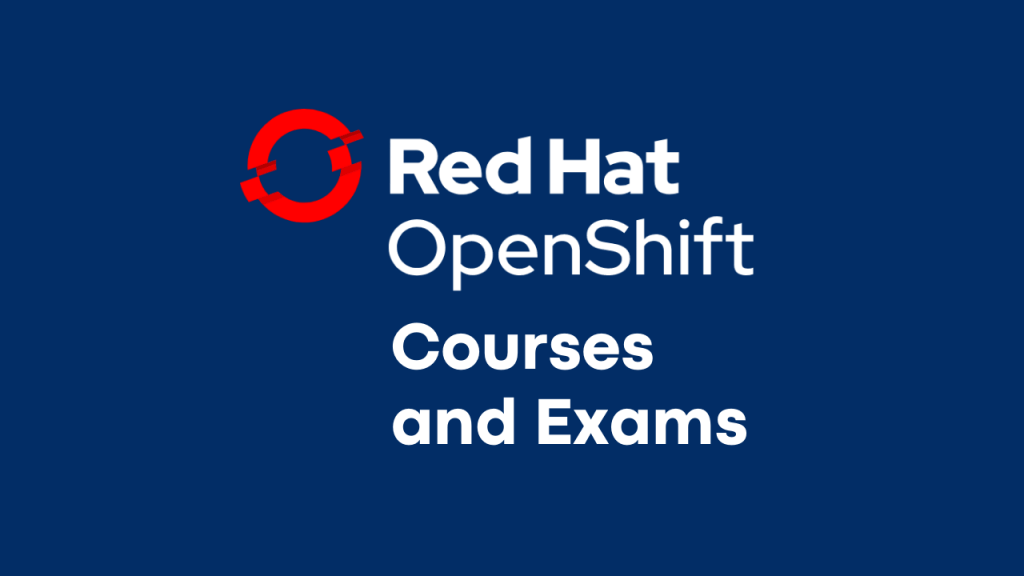
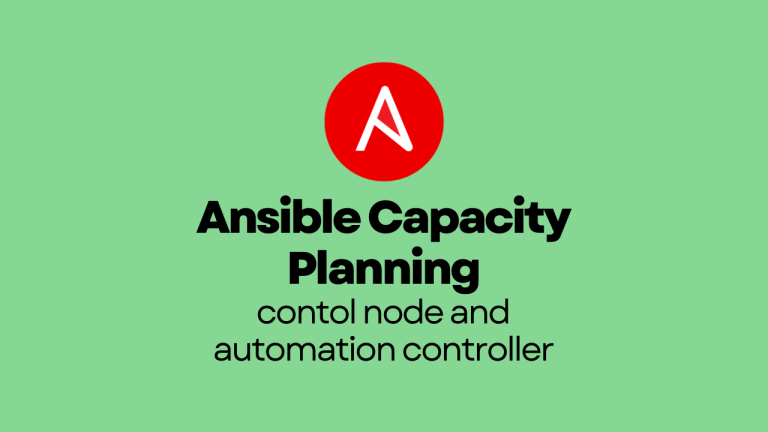
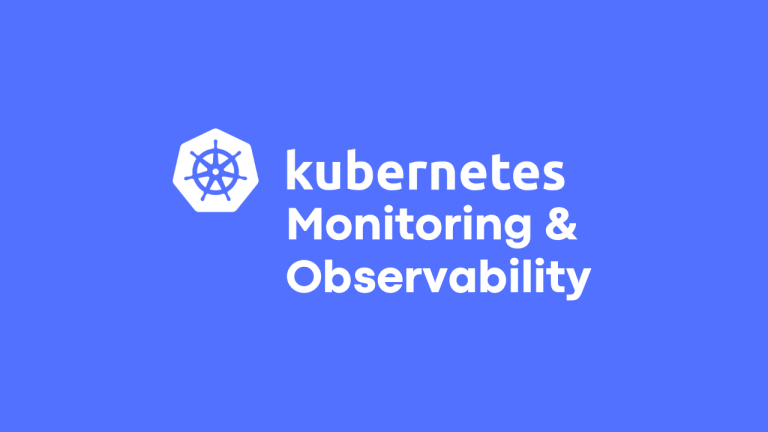
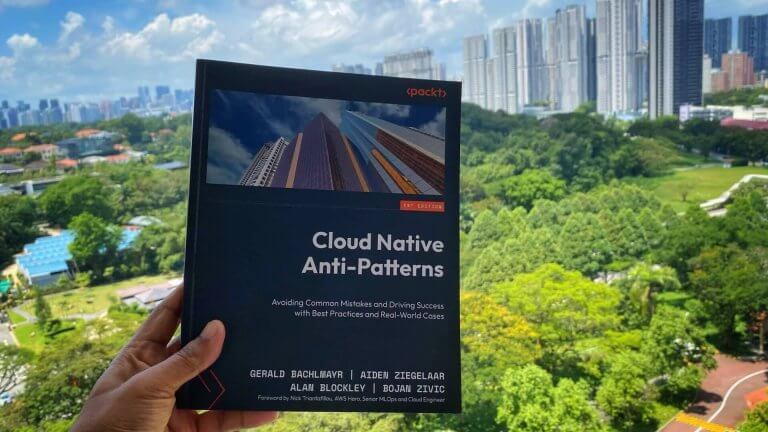
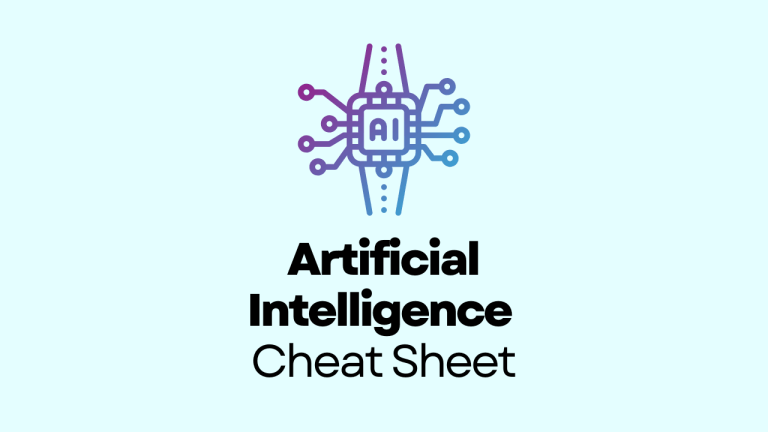
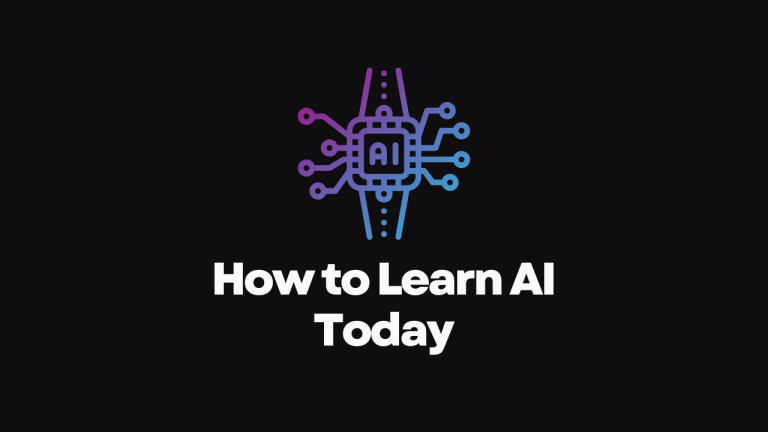
Leave a Reply